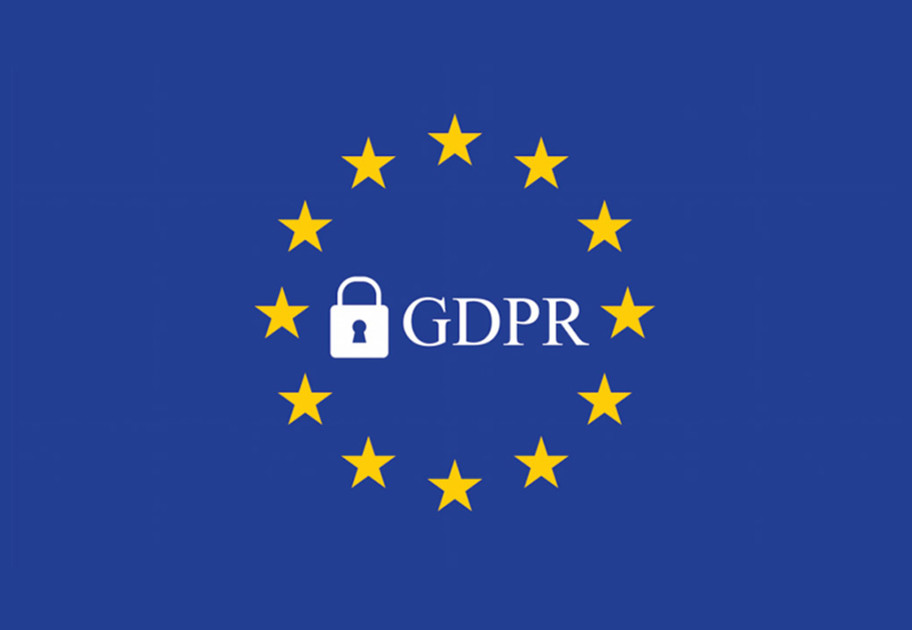It's a chance to take a closer look at data processes and use them more effectively. To collect all data in one system, so that all information is bundled per customer. This gives you, as a marketer, a total view of each customer, makes you more flexible and means less reliance on IT. Above all, you feel better in the knowledge that the communication with your customers is much more personal.
The chance to clean up the mess
Security is important too. And not just a secure server, but especially the secure exchange of data. Your awareness and that of your colleagues is crucial in this. Storing data securely means not storing or collecting any more data than is needed.
Go through everything with a fine-tooth comb. Map out what data you store and why, where the data comes from and what you'll be doing with it. This is your chance to narrow things down. Less static. It makes marketing choices easier and quicker. Set basic rules. For example, how long do you store data of customers who haven't ordered from you for four years? What do you do with someone who hasn't opened your newsletter in the past two years?
The chance to gain back your consumer's trust
This is probably your biggest opportunity. In essence, the new GDPR isn't about making sure you comply with the law. The new GDPR is a chance for you to show consumers that you are able to handle their data carefully and purposefully. Not just collecting data because you can, but because you have a clear purpose for the data.
Not sending emails to consumers because the law allows it...kind of. But emailing them because consumers actually want to receive information from you. That should be the basic principle. Using the available data purposefully and personally, and therefore effectively. Consumers will see and notice that we, as marketers, really know them and put their data to use in a secure environment. Consumers entrust us with their data and allow us to surprise them with it.
That is the essence of the GDPR.
Do you have any questions about this? Get in contact with Evelien Schrijver, +31 (0) 252 7502 75 or evelien.schrijver@kega.nl.
.png?width=641&height=253&name=Kega%20logo%20(white%20bg).png)

